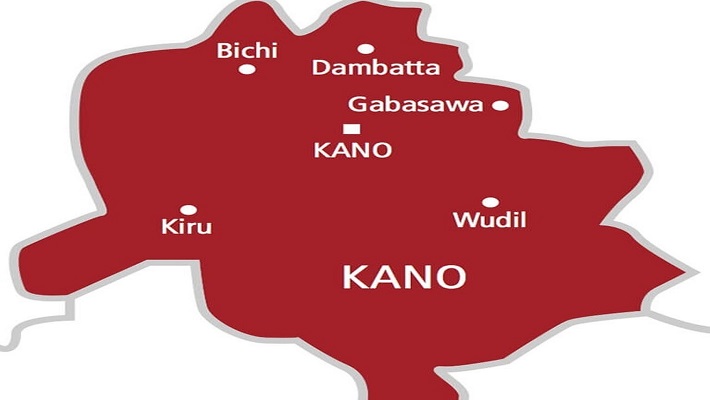KANO — The Kano State Government has announced a ban on the unlicensed use of chainsaws for tree cutting, felling, and trimming as part of a renewed campaign against deforestation and environmental degradation.
The Commissioner for Environment and Climate Change, Dr. Dahiru Muhammad-Hashim, disclosed this on Tuesday during a press conference in Kano.
He explained that the move is backed by Section 20 of the 1999 Constitution, the NESREA Act 2007, and the National Environmental Regulations 2014, which provide legal grounds for regulating tree cutting activities.
“This decision aligns with Nigeria’s NDC 3.0 strategy to reduce deforestation by 60 per cent and restore degraded forests through sustainable management,” Muhammad-Hashim said.
To enforce the policy, the ministry has introduced the Chainsaw Usage Permit Framework (CUPF), which has two categories:
-
Chainsaw Operator License (CUPF-A): mandatory annual registration for all commercial operators and logging businesses.
-
Tree Felling/Trimming Permit (CUPF-B): required for all tree removal or trimming, whether in public or private spaces.
The commissioner stressed that for every tree felled, operators must plant at least two to three saplings. Fees collected under the scheme will be channelled into reforestation and climate resilience programmes.
A digital permit registry with QR code verification has been set up to strengthen monitoring and enforcement, with support from security agencies, local governments, traditional rulers, and community forest monitors.
Violators will face stiff penalties, including a fine of ₦500,000, confiscation of equipment, and possible imprisonment for operating chainsaws without a license. Those who cut trees without a permit will be fined ₦250,000 per tree and required to replant.
Muhammad-Hashim urged community leaders, schools, mosques, and traditional institutions to intensify awareness campaigns on the dangers of illegal logging.
“The ministry remains committed to protecting Kano’s forests, promoting sustainable practices, and strengthening climate resilience for future generations,” he added.




